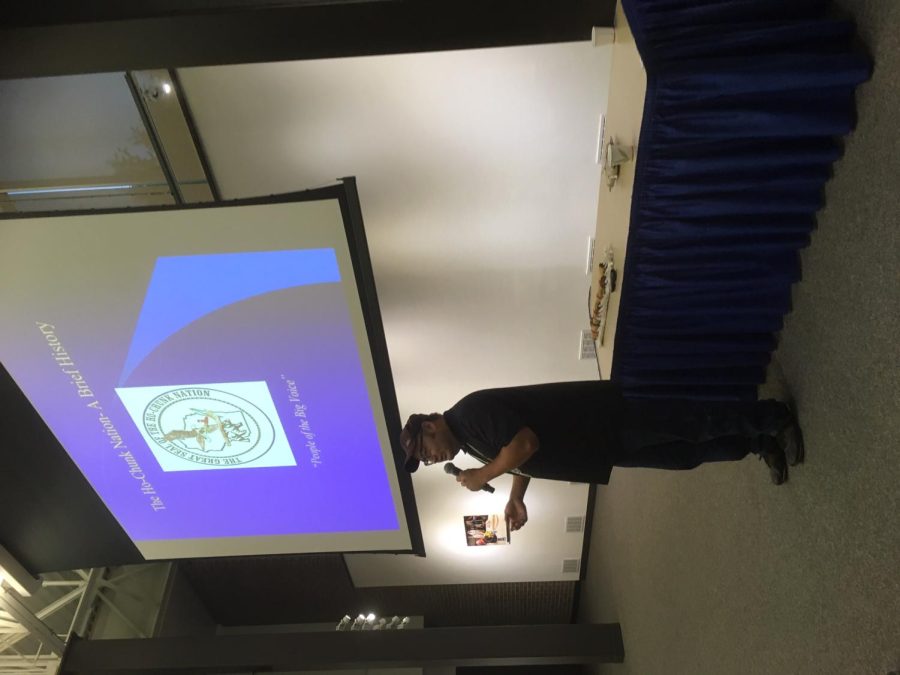Why Observe Indigenous Peoples’ Day?
Pinagigi, Wawiyamewa, Ketêpihipwa, Miigwetch. I write to you with gratitude from what we call Platteville, WI, in the ancestral homelands of the Ho-Chungara Nation, “The People of the Sacred Voice.” I just thanked you in Ho-Chunk, Meskwaki, Sauki and Potawatomi languages, the languages of people who once called this place home.
We cannot undo harm that has come to our neighbors in this place. We must remember these injustices and work for equity for First Nations people and all Americans today.
Why are more states observing Indigenous Peoples’ Day in place of Columbus Day? This is an excellent question. At dateline, the second Monday in October is Indigenous Peoples’ Day in Maine, Nebraska and New Mexico. In Hawaii, the day has been known as Discoverers’ Day since 1971 to honor Polynesian discoverers. In South Dakota, it is Native American Day. More recently, Alaska, Iowa, Louisiana, Maine, Minnesota, Nevada, North Carolina, Oregon, South Dakota, Vermont and Wisconsin observe Indigenous Peoples’ Day. In 2021, President Joe Biden formally recognized Indigenous Peoples’ Day, but Columbus Day remains a federal holiday.
Columbus Day only became a U.S. holiday in 1934. This was formalized in 1970. Italian Americans experienced discrimination and wanted a national holiday of their own. Celebrating Christopher Columbus often brings along the celebration of murder, rape, enslavement and disenfranchisement of Indigenous people.
Iowa Governor Kim Reynolds approved Indigenous Peoples’ Day in 2018. Wisconsin Governor Tony Evers approved the holiday in 2019. The UW-Platteville Indigenous Peoples’ Day Lecture series launched in 2015. The goal was to amplify Indigenous voices at this institution to welcome Indigenous students, staff, faculty and community members. Departments of Diversity, Equity and Inclusion; History; and Environmental Sciences and Society continue to support this important event.
On Wednesday, Oct. 12, 2022, at 6 p.m., Nohr Gallery, in Ullsvik Hall, Jordan Marie Bring Three White Horses Daniel will present her lecture “Running for Justice.” In 2019 the Kul Wicasa Oyate (Lower Brule Sioux Tribe) runner grabbed international attention to address violence against Indigenous women. She ran the Boston Marathon with a red handprint on her face spreading awareness about #MMIW (Murdered and Missing Indigenous Women), now #MMIR (Murdered and Missing Indigenous Relatives).
Go beyond awareness. Get involved. Make UW-Platteville a stronger and more welcoming university every day, not just each October. Amplify Indigenous voices, welcome Indigenous students, empower Native American colleagues, study Indigenous history and heed Indigenous concerns.




